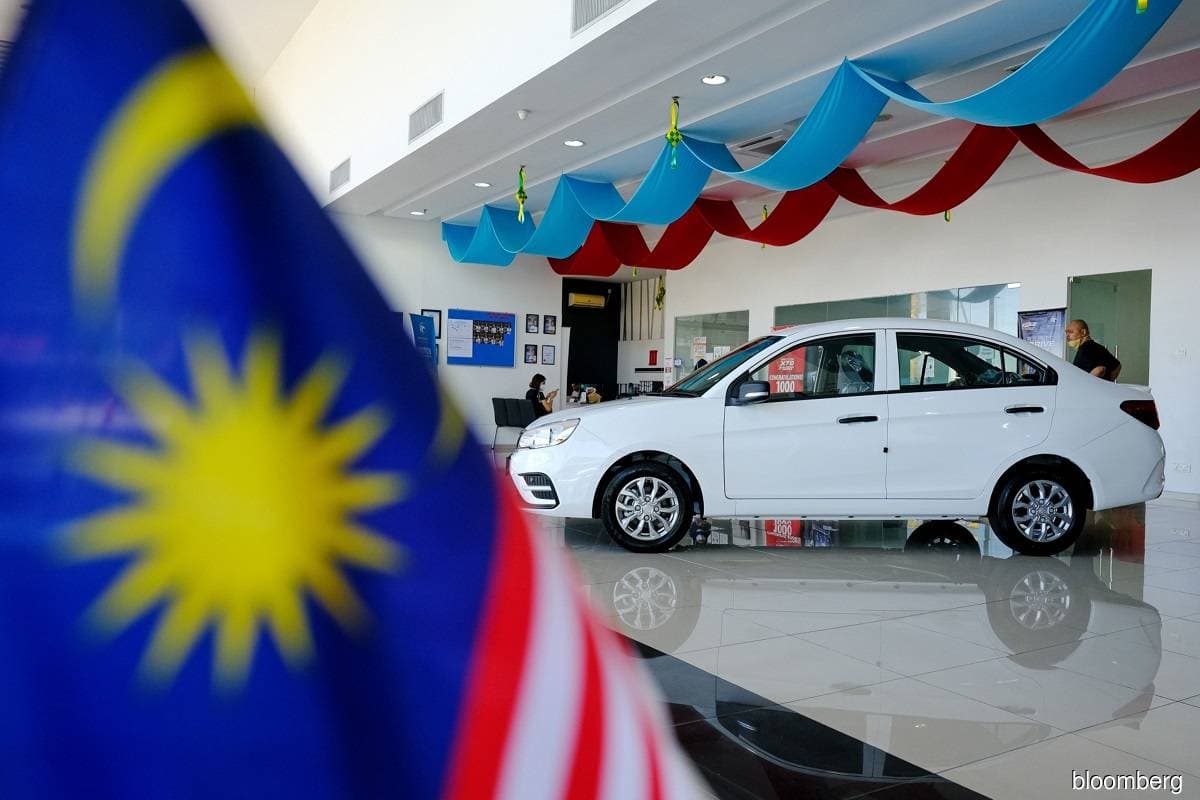
KUALA LUMPUR (July 21): The Malaysian Automotive Association (MAA) has raised its 2022 Malaysian automotive total industry volume (TIV) forecast by 5% to 630,000 cars, from the previously estimated 600,000, following the pent-up demand for new cars in the first half of 2022 (1H22), taking into account the country's economic recovery from the impact of Covid-19-driven movement restrictions, which had hurt car sales after the pandemic began in early 2020.
MAA president Datuk Aishah Ahmad said the continued recovery of the Malaysian economy and the Ministry of Finance's (MOF) decision to extend the car registration deadline to March 31, 2023 to enable car buyers, who booked their vehicles by June 30, 2022, to enjoy sales tax exemption, are among factors leading to the upward revision of the MAA's 2022 Malaysian automotive TIV forecast.
"This measure (deadline extension) is indeed a positive one as it will help the automotive industry fulfil [the backlog of] orders while at the same time allow the rakyat (people) to enjoy lower-priced cars," Aishah said on Thursday (July 21) during a virtual press conference on the Malaysian automotive sector's 1H22 performance.
The introduction of new car models besides factors such as promotional campaigns by car manufacturers and distributors as well as efforts to fulfil the backlog of orders may help boost car sales in 2H22.
The MAA's revised 2022 Malaysian automotive TIV forecast of 630,000 new cars is higher than the 508,911 new cars sold in 2021, Aishah added.
Meanwhile, the MAA also introduced its Malaysian automotive TIV forecasts for 2023 to 2026.
Aishah said the MAA's Malaysian automotive TIV forecast for 2023 is set at 636,300 new cars, followed by 649,030 new cars for 2024.
For 2025 and 2026, the country's new car sales volume figures are seen at 662,660 and 677,240 units, respectively, she said.
Looking back at 1H22, Malaysia's new car sales rose to 331,386 units then from 249,178 a year earlier.
For June 2022, she said the country's new car sales jumped to 63,366 units from 1,926 a year earlier.
"This big increase in TIV can be attributed to the pent-up demand for new vehicles in the 1H22 and also partially due to low base effect, [for example] low TIV for 1H21 as a result of the implementation of [the] Full Movement Control Order in June 2021.
"June 2022 TIV could have been higher, if not for the shortages of chips and components which had affected certain [car] makes."
Aishah said the country's June 2022 new car sales volume of 63,366 units was the second highest monthly TIV achieved during 1H22.
The "all-time-high monthly TIV" recorded by the Malaysian automotive industry was March 2022, during which 73,244 new cars were sold.
"The rush for deliveries by MAA members having their financial year ending on March 31, 2022 and a longer working month could have contributed towards this achievement."
Looking ahead, Aishah cautioned that the ongoing automotive component shortages may dampen car production and that Bank Negara Malaysia's decision to increase the overnight policy rate by 25 basis points to 2.25% may dampen consumer confidence.
She also warned of other global and domestic uncertainties that may affect consumer demand for new vehicles.
"Businesses may hold back investments in view of the ongoing uncertainties at the global level as well as our domestic political scene, [with] many analysts expecting that the 15th general election [in Malaysia] will take place within the year (2022).
"Events arising from geopolitical tensions, escalating oil prices, inflationary concerns, increase in food prices, increase in logistics and shipping costs, and supply chain disruptions may dampen our country's economic growth outlook, and in turn, consumers' demand for new vehicles."
